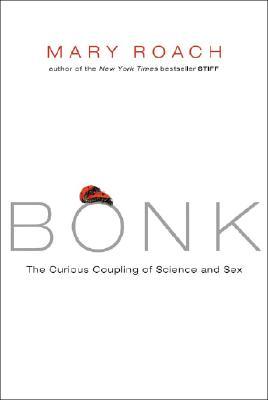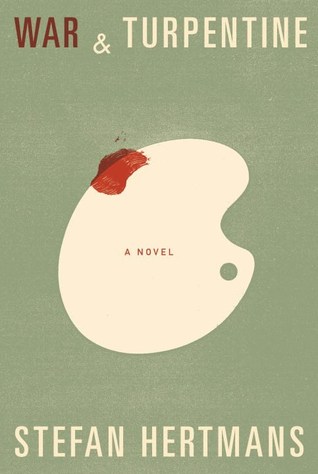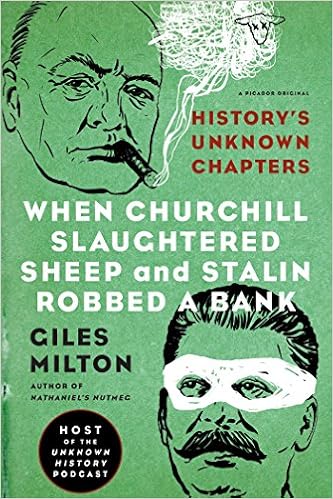 |
| W.W. Norton Company |
First off, Mary Roach is hilarious. I liked Packing for Mars, and I think I could have enjoyed Bonk if I just hadn't been traumatized by some of the stories. I like to think I'm not a prude, but when sex leads to disfigurement, count me out. I just can't do it. It gives me this weird squirmy feeling inside, and I just can't cope.
Mary Roach is a great author, but I just don't think I can handle Bonk.
-
 |
| Gallery Books |
Wrong. On both accounts.
Oakley is a pretty funny, I'll give him that; however, I just wasn't taken with his memoir. I like that he's so very candid about his experiences, even the most embarrassing ones, but I found there is something as too much of a good thing. Oakley tells me a little more than I would normally like to know about his personal experiences, and I just found myself quietly closing the book and returning it to my library.
-
Death of a Darklord by Laurell K. Hamilton had so much potential. It was beautifully written, it carried intricate characters with interesting talents, it had magic and fantasy and adventure. It struck all the right notes for me. I was so excited to read it, especially as I started in on the first couple of chapters. I was intrigued by the villain and I wanted to see where the story would go.
 |
| Wizards of the Coast |
And then I made the mistake of looking up the book on Goodreads and discovering, much to my astonishment, that it was part of a series. I learned Death of a Darklord is a stand-alone novel in a series roughly based in the same world (or something along those lines). Not necessarily a bad thing, right?
Except it's part of a horror series.
When I picked up Death of a Darklord, I expected a fantasy novel. I expected magic, mischief, adventure, trials and tribulations, before eventually culminating in a relatively happy ending. There's always a little tragedy in every fantasy story; however, I always expect to find a satisfying conclusion, if not an outright happily-ever-after.
Death of a Darklord is a horror story. It's full of tragedies, one after the other--and it literally doesn't get any better. If I'd gone into this novel with the knowledge I was reading a tragic story, I probably would have been fine with it. As the cover gave no inclination as to what I would find, I started reading with the expectation of a good ending and I was incredibly disappointed. I put it aside without ever really finishing it.
-
 |
| Pantheon |
It's an interesting book that reminds me of The Things They Carried, in that there are some truths buried beneath the fiction; however, it just didn't grip me like Tim O'Brien's earlier novel. Personally, Hertsman's novel isn't for me. I didn't care for the style or the feel of the novel, even though I wanted to enjoy it; I didn't like the characters, I didn't like the way they felt or the way they made me feel; moreover, I found myself growing bored with it at regular intervals and casting it aside for more interesting fare.
I'm sure it's a fine book, but it's just not for me.



